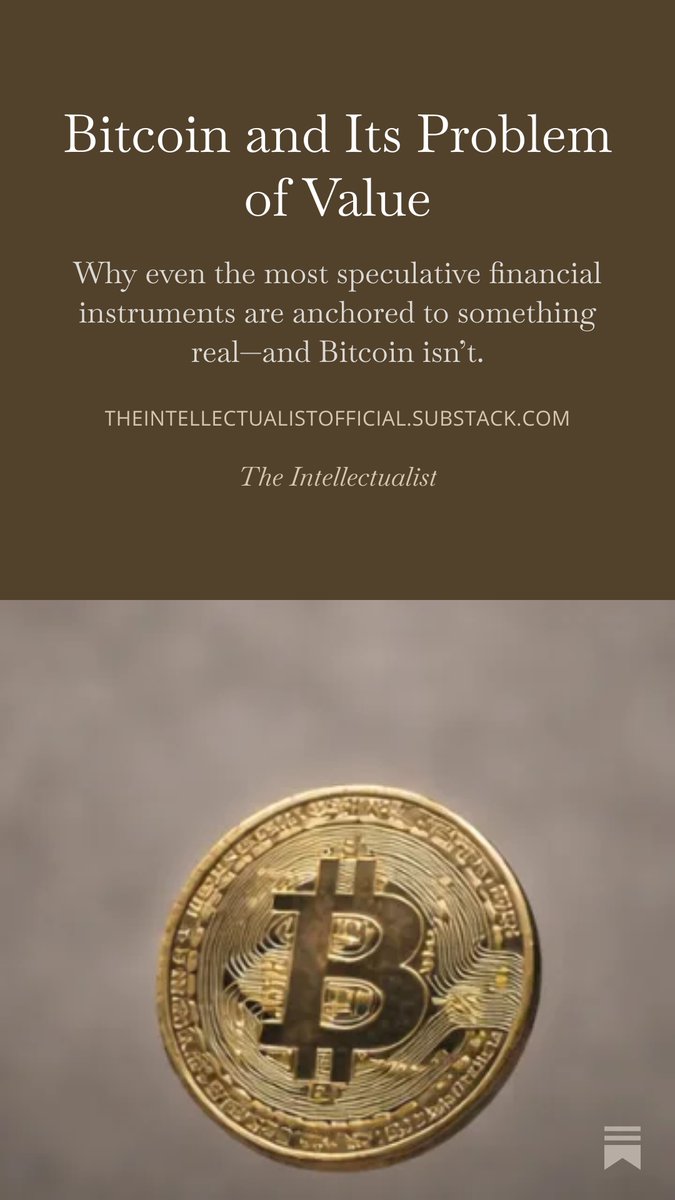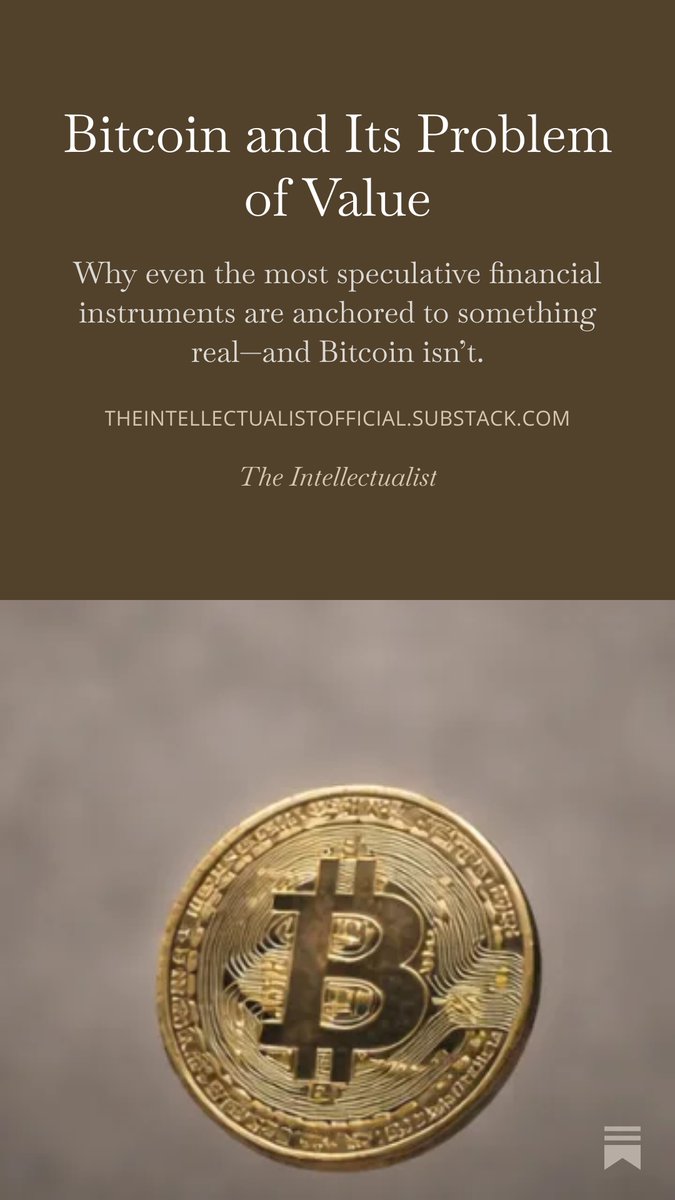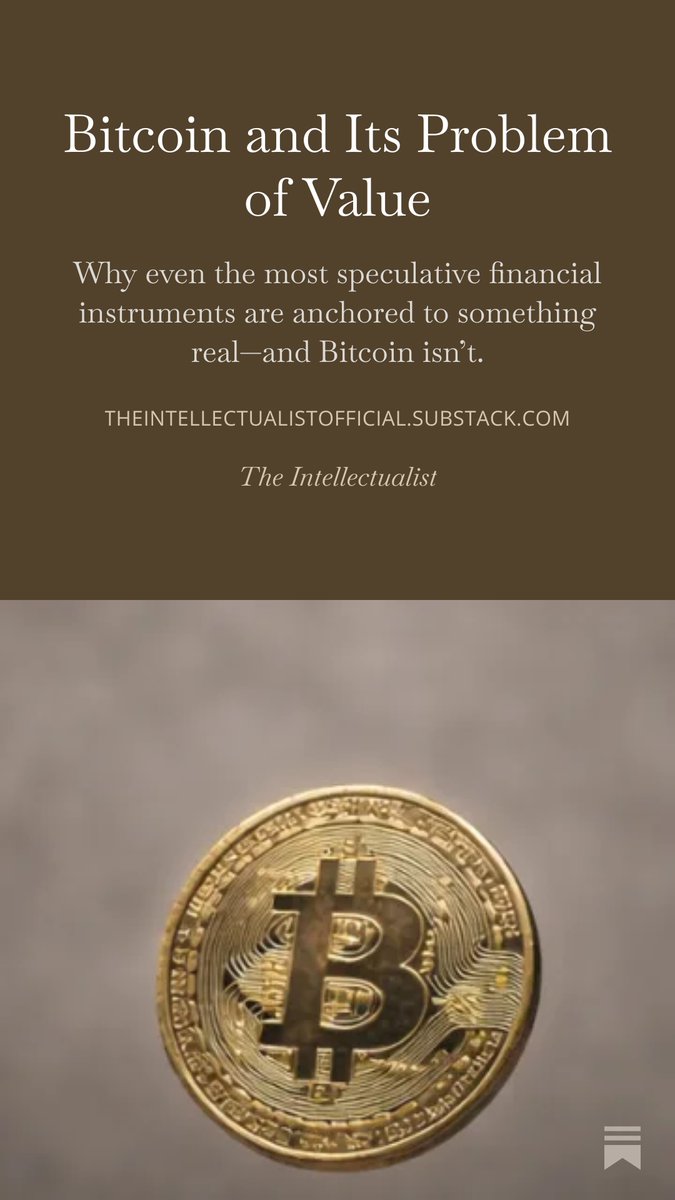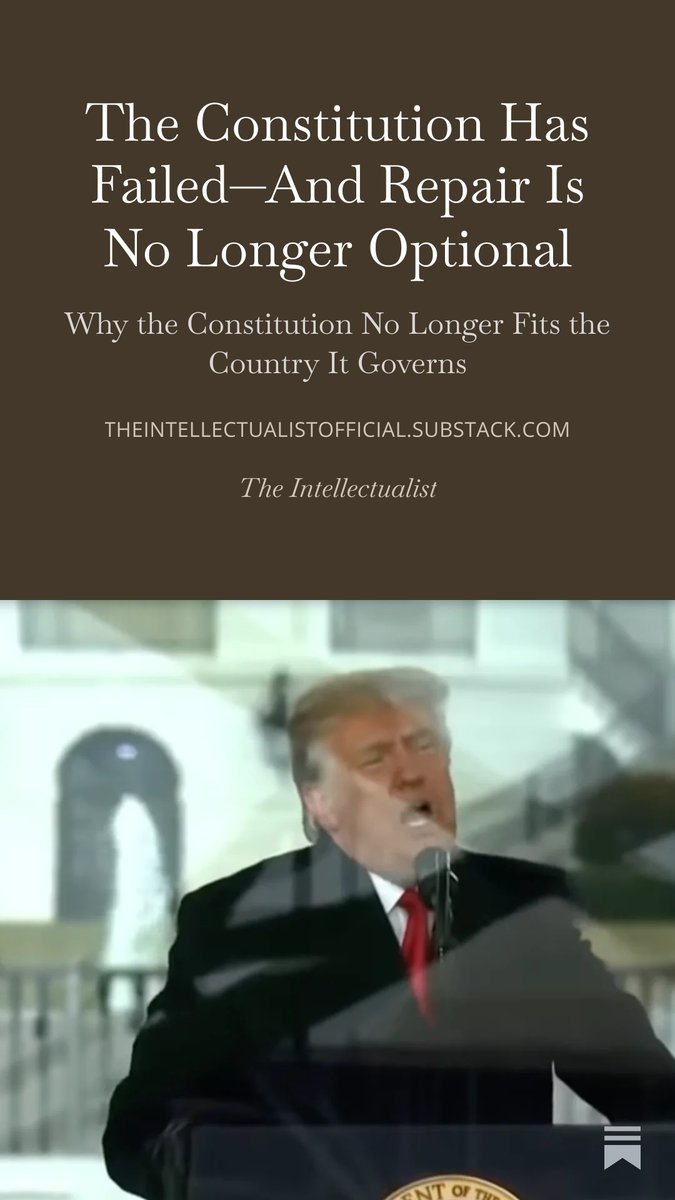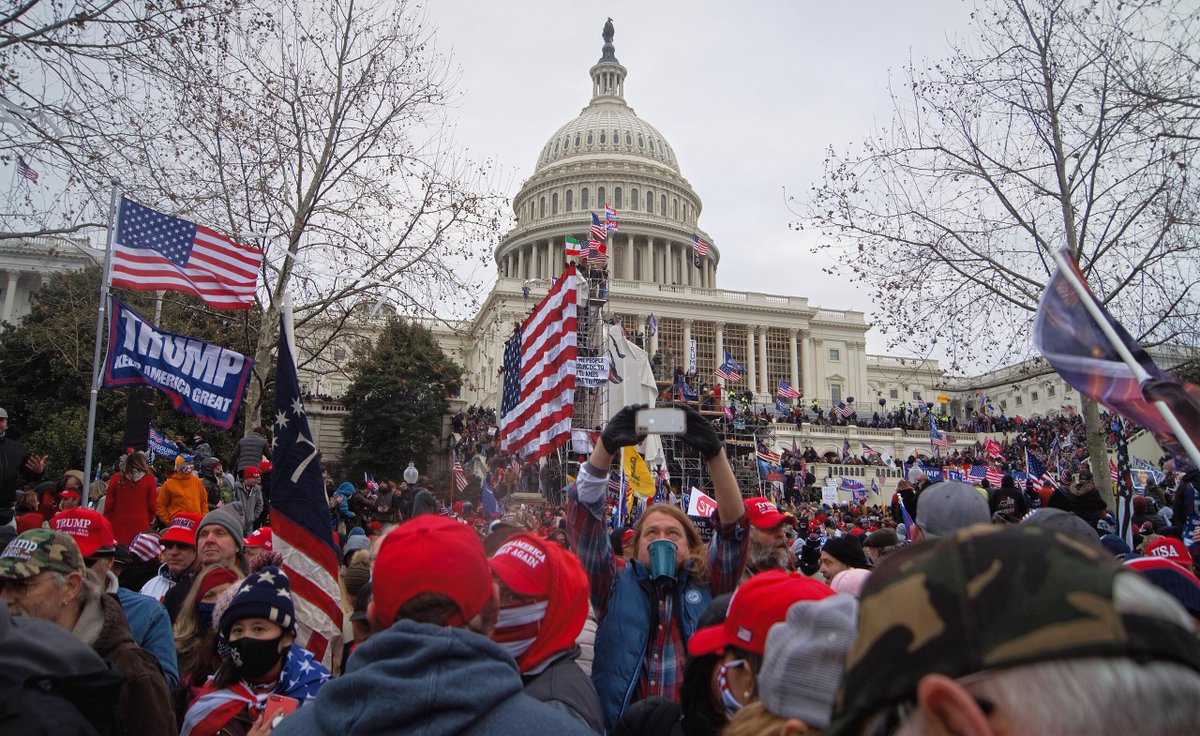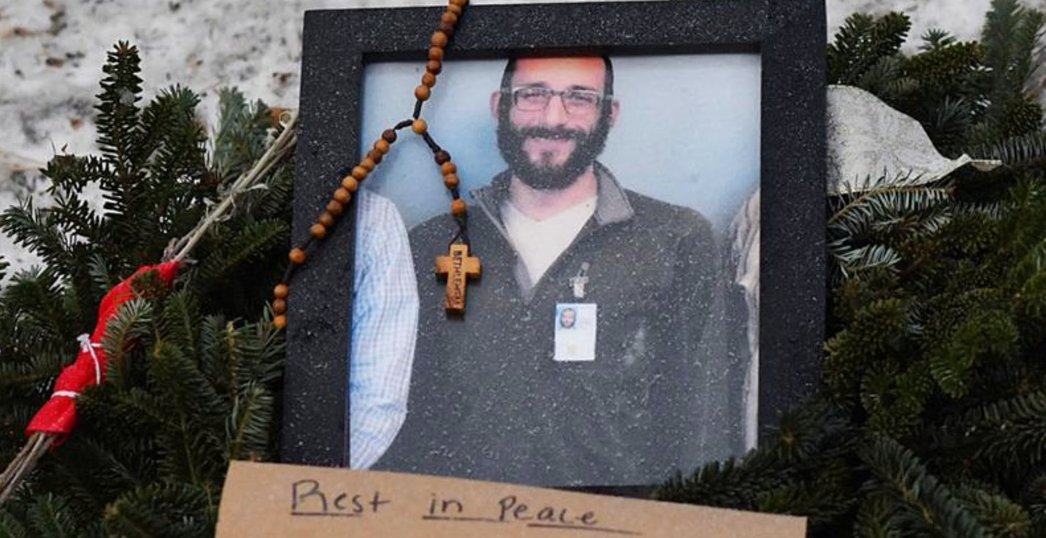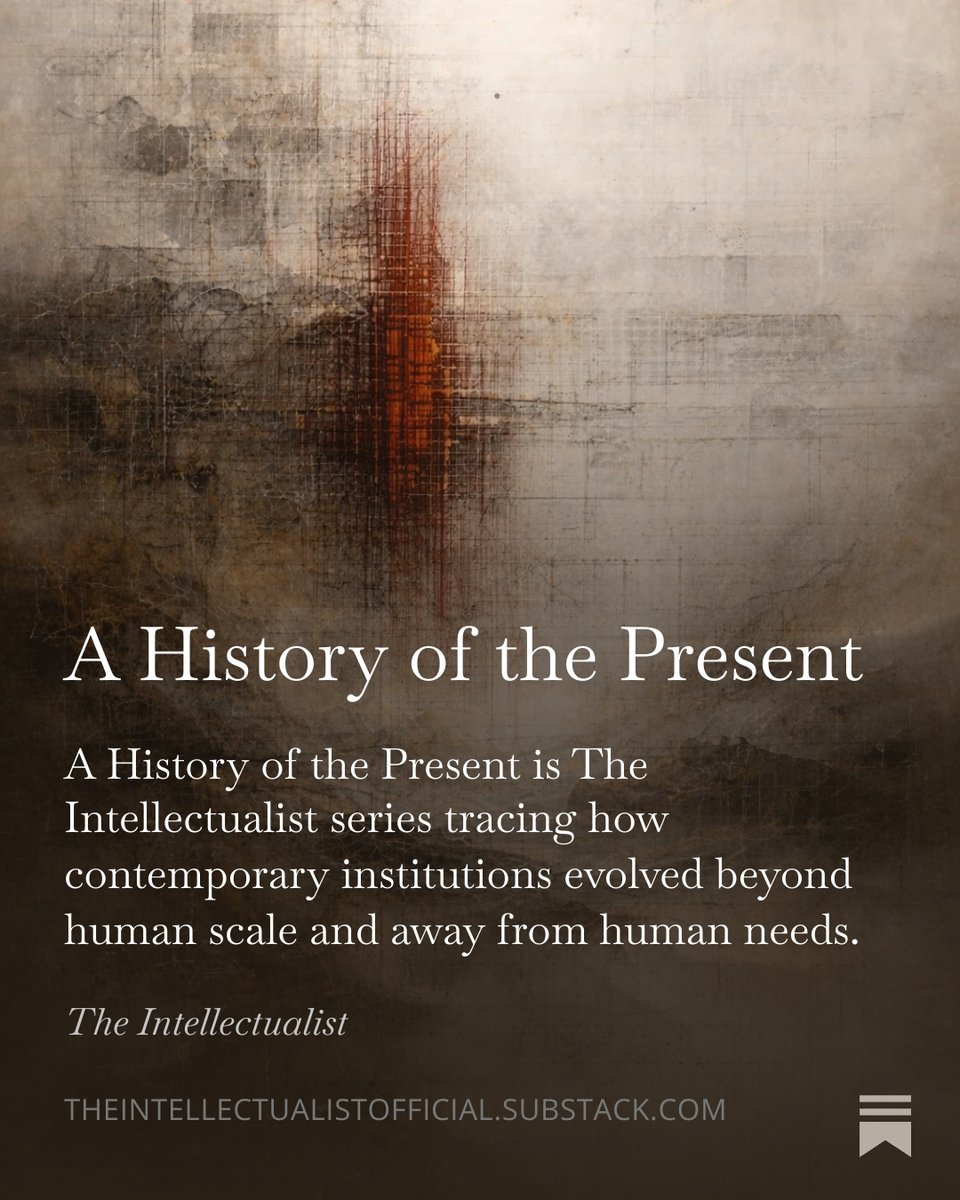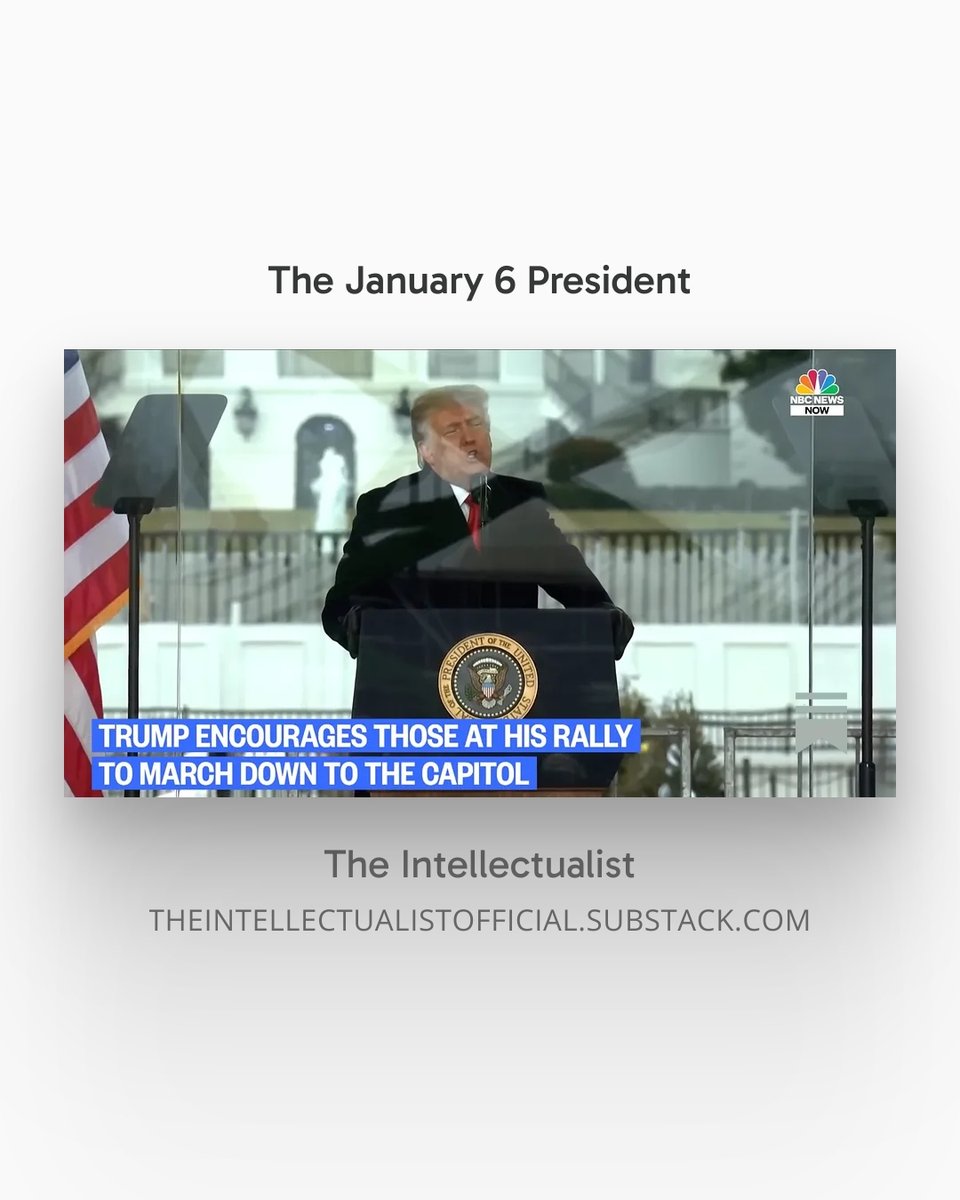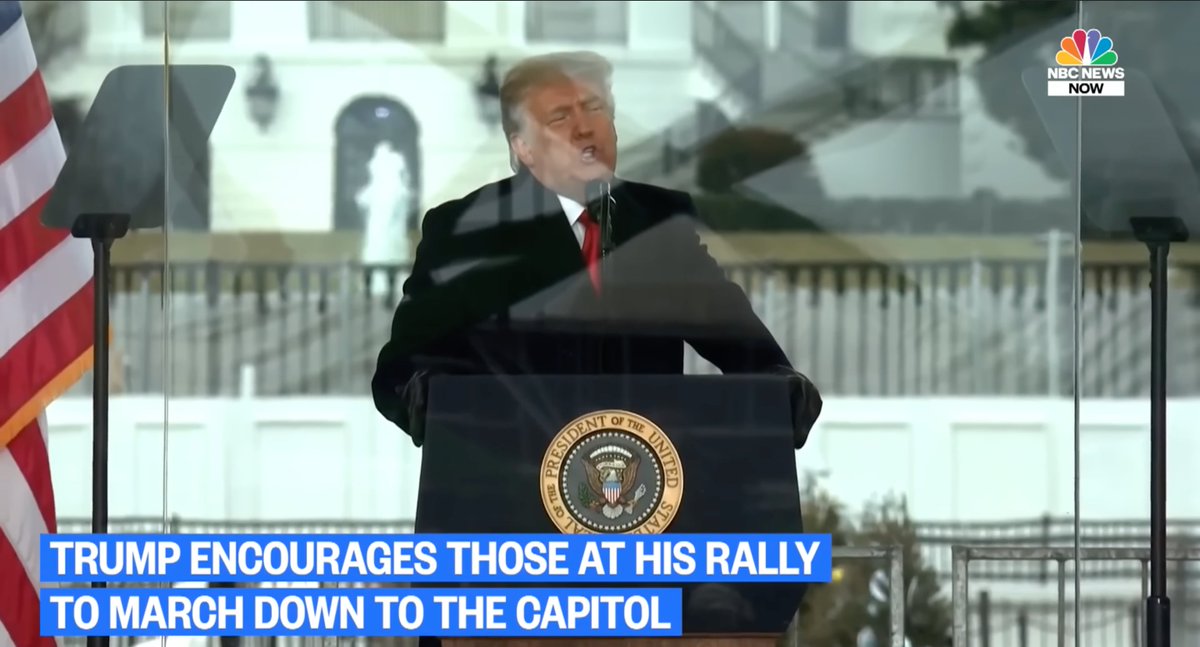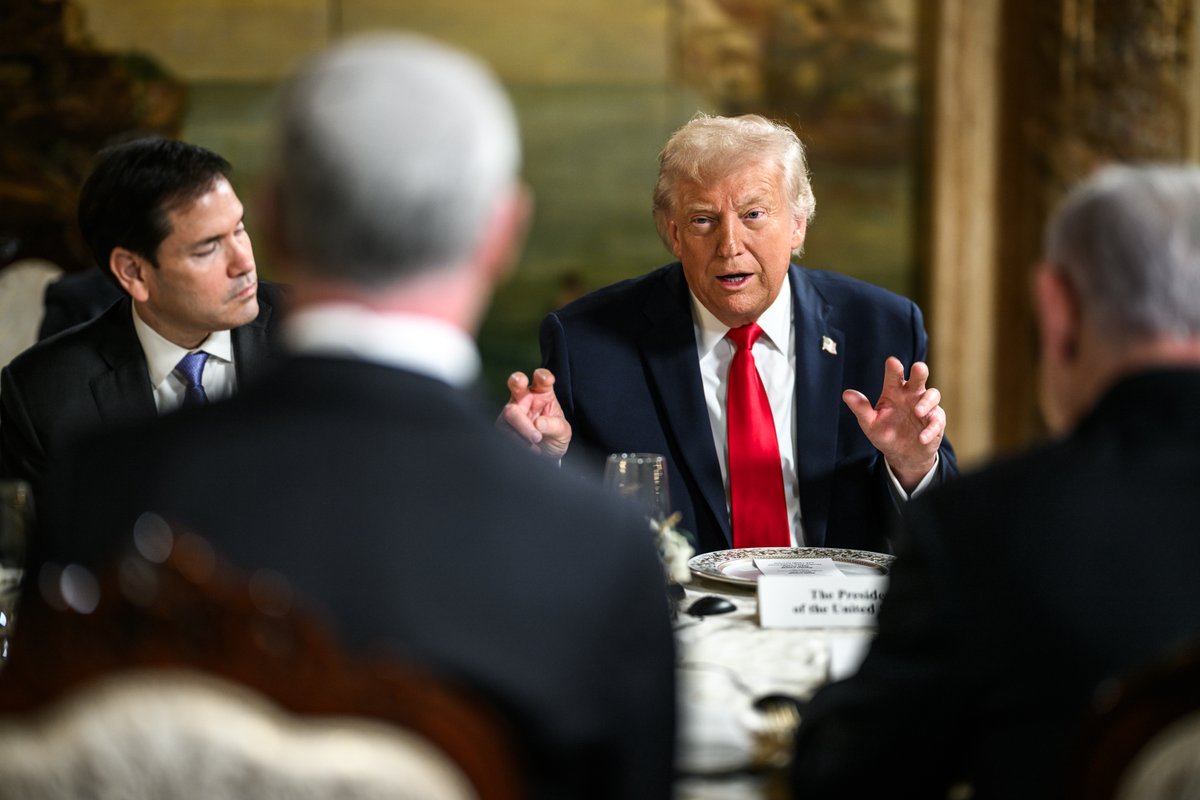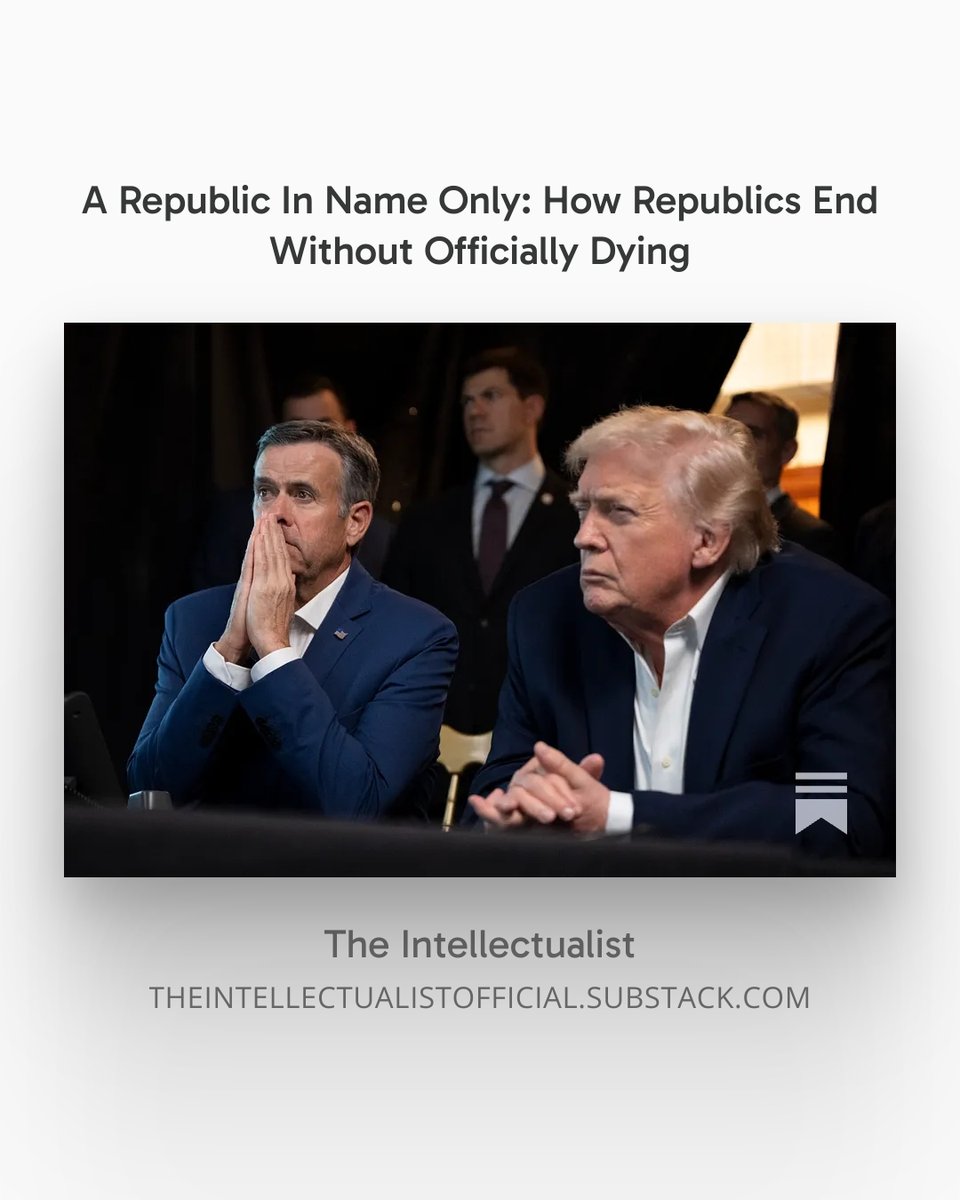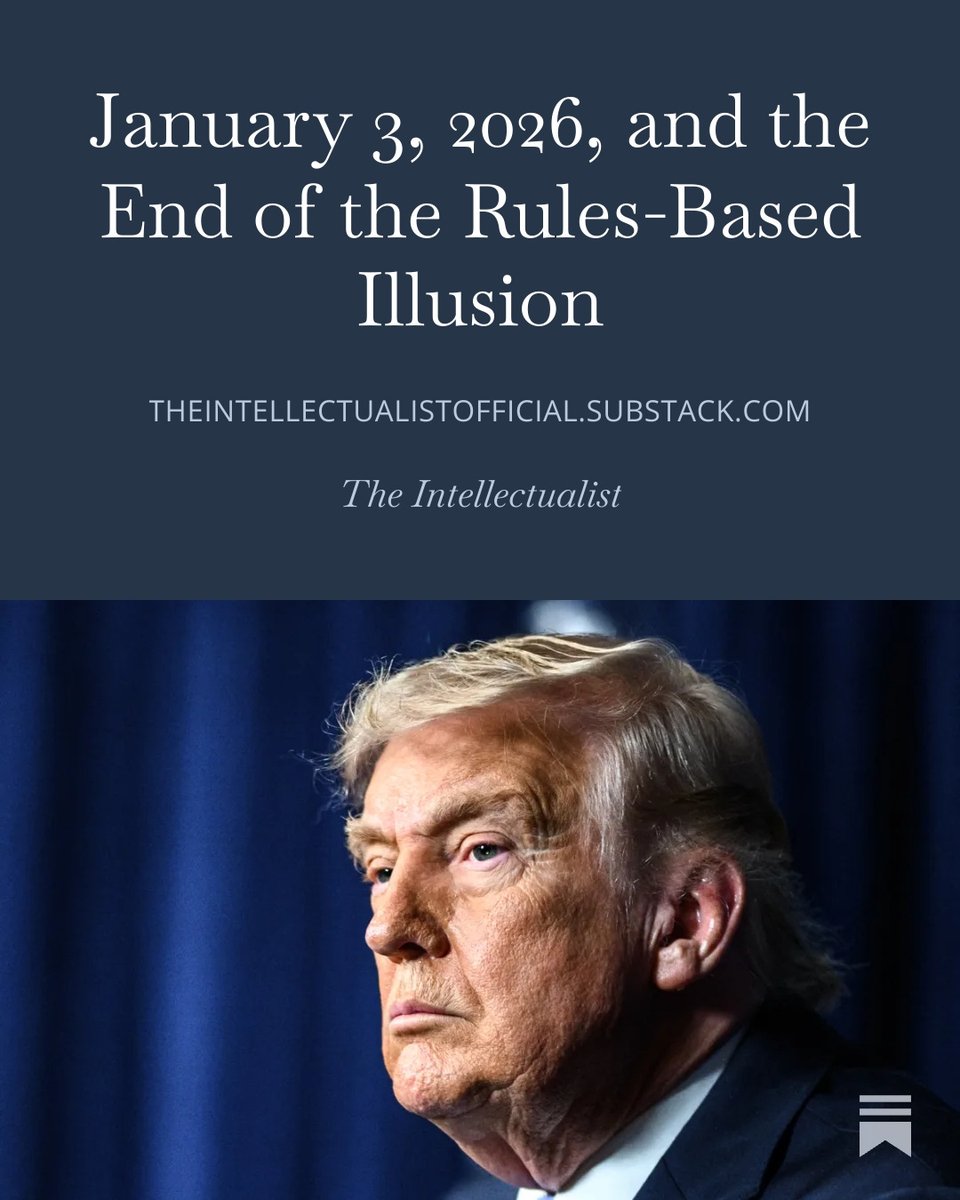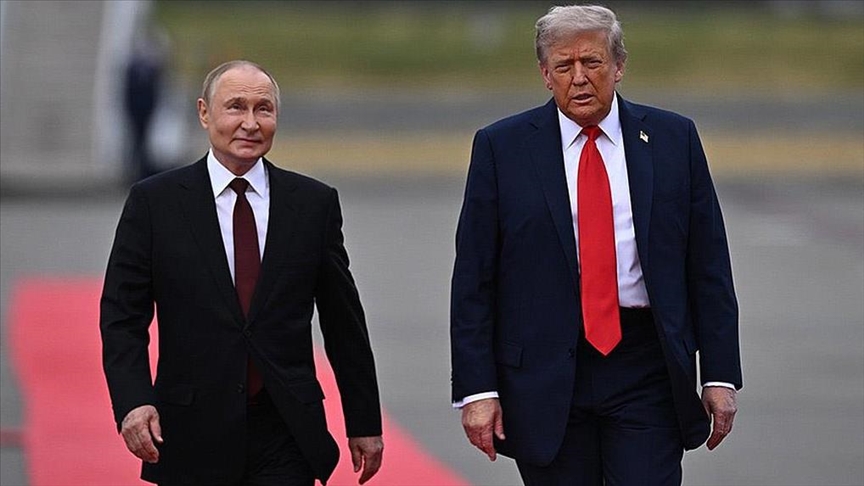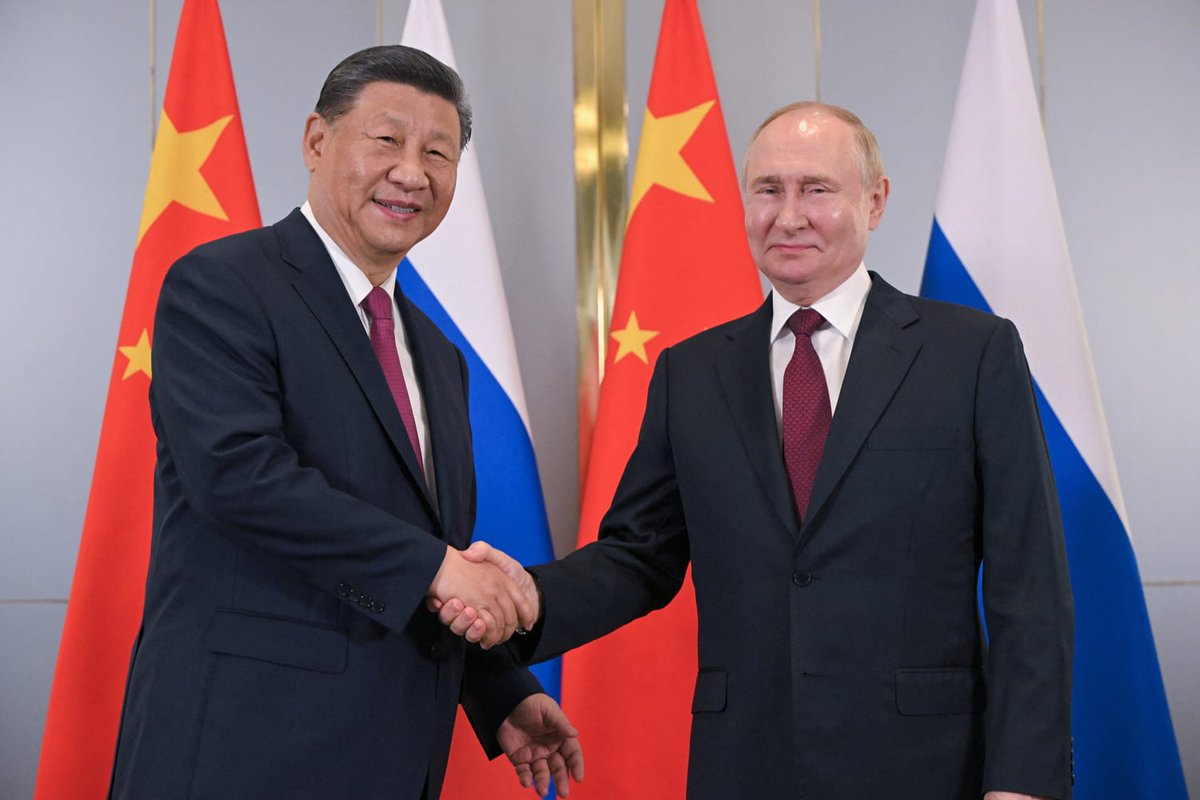Known Timeline:
1. 7/31/2019: Trump spoke with Putin (NYT)
2. 8/3/2019: Trump issued a request for a list of top US spies (The Daily Beast)
3. 10/5/2021: "CIA Admits to Losing Dozens of Informants". (NYT)
4. 8/26/2022: Documents at MAL Could Compromise Human Intel (NYT) 1/5
1. 7/31/2019: Trump spoke with Putin (NYT)
2. 8/3/2019: Trump issued a request for a list of top US spies (The Daily Beast)
3. 10/5/2021: "CIA Admits to Losing Dozens of Informants". (NYT)
4. 8/26/2022: Documents at MAL Could Compromise Human Intel (NYT) 1/5

1. 7/31/2019: Trump spoke with Putin (NYT)
"Trump and Putin spoke by phone to discuss wildfires in Siberia and trade between the two nations, according to the [Trump] White House." 2/5
washingtonpost.com/world/2019/10/…
"Trump and Putin spoke by phone to discuss wildfires in Siberia and trade between the two nations, according to the [Trump] White House." 2/5
washingtonpost.com/world/2019/10/…
2. 8/3/2019: Trump issued a request for a list of top US spies (The Daily Beast)
"The Trump administration is taking inventory of many of America’s top spies, The Daily Beast has learned." 3/5
thedailybeast.com/white-house-as…
"The Trump administration is taking inventory of many of America’s top spies, The Daily Beast has learned." 3/5
thedailybeast.com/white-house-as…
3. 10/5/2021: "CIA Admits to Losing Dozens of Informants". (NYT)
"Officials said in a top secret cable to all stations and bases around the world that too many of the people it recruits from other countries to spy for the U.S. are being lost." 4/5
nytimes.com/2021/10/05/us/…
"Officials said in a top secret cable to all stations and bases around the world that too many of the people it recruits from other countries to spy for the U.S. are being lost." 4/5
nytimes.com/2021/10/05/us/…
4. 8/26/2022: Documents at MAL Could Compromise Human Intel (NYT)
"The search of former President Trump’s Florida home was spurred by the discovery that he had kept classified material related to the use of human sources in intelligence gathering." 5/5
nytimes.com/2022/08/26/us/…
"The search of former President Trump’s Florida home was spurred by the discovery that he had kept classified material related to the use of human sources in intelligence gathering." 5/5
nytimes.com/2022/08/26/us/…
• • •
Missing some Tweet in this thread? You can try to
force a refresh


